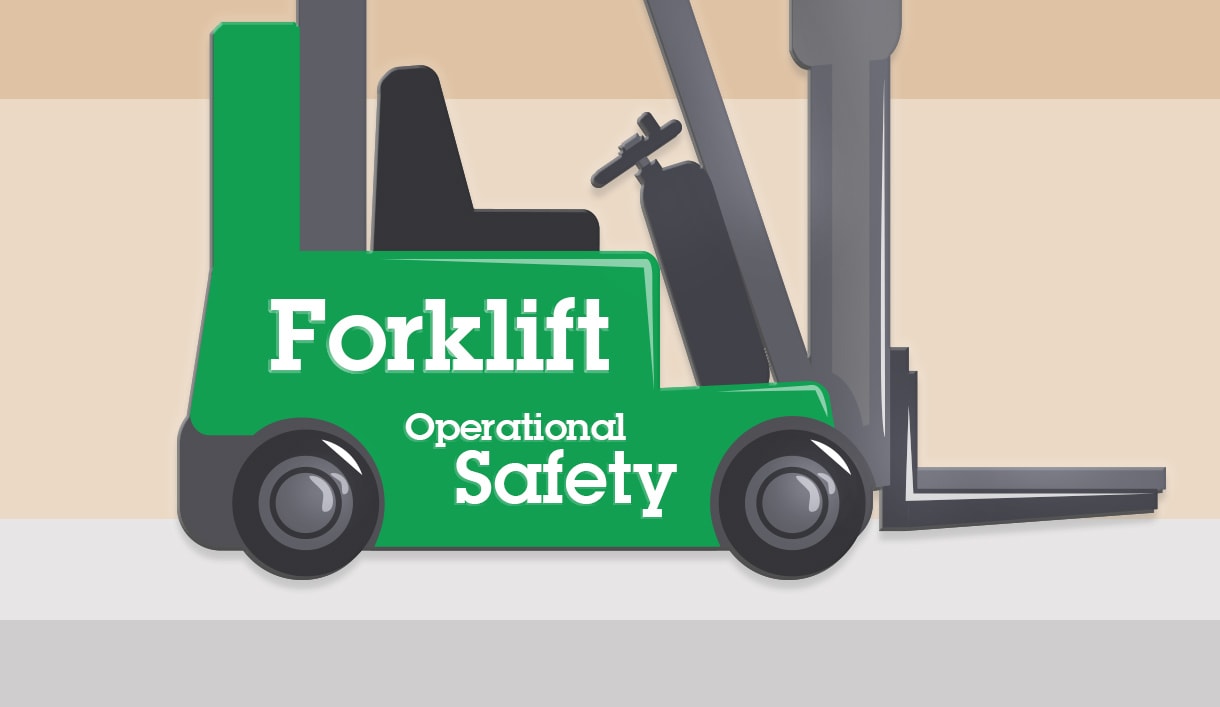The Benefits of Investing in Safety Training for Employees
Investing in Safety Training
Investing in safety training for employees is essential for creating a safe and healthy work environment. Effective safety training can help prevent workplace accidents and injuries, improve employee well-being, and contribute to a positive safety culture. In this article, we will discuss the benefits of investing in safety training and how it can lead to a safer and more productive workplace.
The benefits of safety training
One of the primary benefits of safety training is the reduction in workplace accidents and injuries. When employees understand the hazards associated with their jobs and are equipped with the knowledge and skills to mitigate those risks, they are less likely to be involved in accidents. This, in turn, leads to fewer injuries, less downtime, and reduced costs associated with workers’ compensation claims.
Improved Employee Well-being
A safe work environment contributes to the overall well-being of employees. When workers feel safe and secure, they are more likely to be engaged, productive, and satisfied with their jobs. Safety training can play a critical role in fostering this sense of security by empowering employees with the knowledge and skills they need to stay safe on the job.
Compliance with Regulations
Safety training is often required by law to ensure that employees are aware of the hazards associated with their work and are trained to handle them appropriately. Investing in safety training benefits organisations as complying with these regulations reduces the risk of fines and penalties associated with non-compliance.
Enhanced Safety Culture
Investing in safety training sends a clear message to employees that their well-being is a priority for the organisation. This can help foster a strong safety culture in which employees take responsibility for their own safety and the safety of their colleagues. A strong safety culture has been shown to result in improved safety performance, reduced accidents, and increased employee morale.
Increased Productivity
A safe workplace is a productive workplace. When employees feel safe and well-trained, they are more likely to be focused and engaged in their work. This can lead to increased productivity and, ultimately, a more successful organisation.
Protection of Reputation and Financial Stability
Investing in safety training can also help protect an organisation’s reputation and financial stability. A strong safety record can attract top talent and improve customer confidence, while a history of accidents and injuries can damage a company’s reputation and result in financial losses due to increased insurance premiums, legal fees, and lost business.
The benefits of Investing in safety training
Investing in safety training for employees is a proactive approach that brings numerous benefits to both individuals and organisations.
The IOSH Working Safely course is designed to equip employees with essential knowledge and skills to identify and address hazards, promote a safety-conscious mindset, and contribute to a positive safety culture. By completing this comprehensive training, employees gain a deeper understanding of their roles and responsibilities in maintaining a safe work environment. They become empowered to identify potential risks, implement preventive measures, and confidently respond to emergencies. Furthermore, organisations that prioritise safety training demonstrate their commitment to employee well-being, regulatory compliance, and risk reduction.
The IOSH Working Safely course not only helps create a safer workplace but also contributes to increased productivity, improved morale, and reduced absenteeism. Invest in the professional development of your employees by enrolling them in the IOSH Working Safely course and unlock the full potential of a safe and thriving work environment.











Leave a Reply
Want to join the discussion?Feel free to contribute!